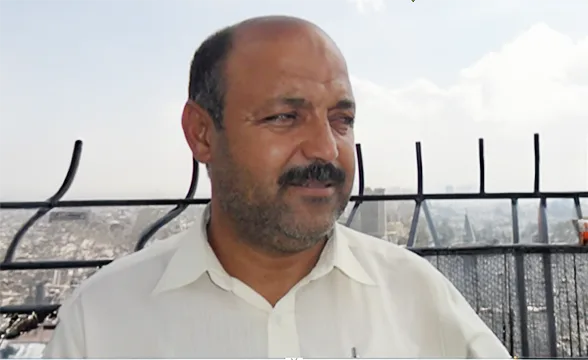On Tuesday, May 13, 2025, the Criminal Chamber specializing in terrorism cases at the Tunis Court of First Instance sentenced former army officer Mustafa Khidr in absentia to 48 years in prison and one of his sons to two years in prison in person. The court acquitted the remaining family members (wife, second son, and daughter).
Case Background:
The case stems from investigations opened against Khidr and several members of his family, who were accused of terrorist crimes after one of the sons obtained power of attorney to dispose of an inheritance. The charges were brought based on a phone call described as “ambiguous,” in the absence of documented evidence confirming the criminal nature of the incidents.
The investigating judge had previously decided to refer Khidr, in absentia, one of his sons who is in custody, and the rest of the family on bail, to the criminal chamber specializing in terrorism cases. However, recent deliberations revealed a lack of conclusive material evidence, with family members insisting on denial and describing the case as a “family dispute over the disposition of an inheritance.”
Lack of evidence and exaggerated accusations:
The Freedom for Tunisia Observatory believes that bringing terrorism charges based on family disputes or old documents falls below the minimum standards of a fair trial. It considers the judiciary’s reliance on weak or politically interpreted evidence to be a flagrant violation of the presumption of innocence and the rights of the defense. Furthermore, issuing a hefty sentence such as 48 years in prison without a trial in person reflects a political intent to settle scores with potential adversaries.
Repeated Prosecution despite previous imprisonment:
Mustafa Kheder left prison in January 2022 after completing a prison sentence of eight years and one month, in a case in which he was accused of possessing official documents and documents of unverified origin.
It is also worth noting that Khider is being referred to the Ariana Court of First Instance in an investigative case known as the “Ennahdha Movement’s Secret Apparatus” case, with no final ruling yet. The defense team for the martyrs Chokri Belaid and Mohamed Brahmi accused him of involvement in covering up the assassination. These accusations were denied by several parties, including Ennahdha, which asserted that Khidr is neither affiliated with the party nor a criminal.
Observatory’s Position:
The Freedom for Tunisia Observatory expresses its deep concern about the use of the judiciary to send political messages and restrict former opponents or individuals suspected of having links to parties that are in opposition to the authorities. It asserts that Mustafa Khidr did not have a real opportunity to defend himself in this case, as he was tried in absentia. Furthermore, the overall context and timing of the verdict reflect a desire to intimidate his family.
The Observatory reiterates its call to:
- Put an end to politically motivated trials.
- Respect fair trial guarantees, especially in terrorism cases.
- Ensure the impartiality of the judiciary and its independence from political directives.
The Observatory stands ready to provide legal or human rights support to anyone proven to have been targeted based on their political affiliation or positions.
Contact: contact@freedom4tunisia.com





